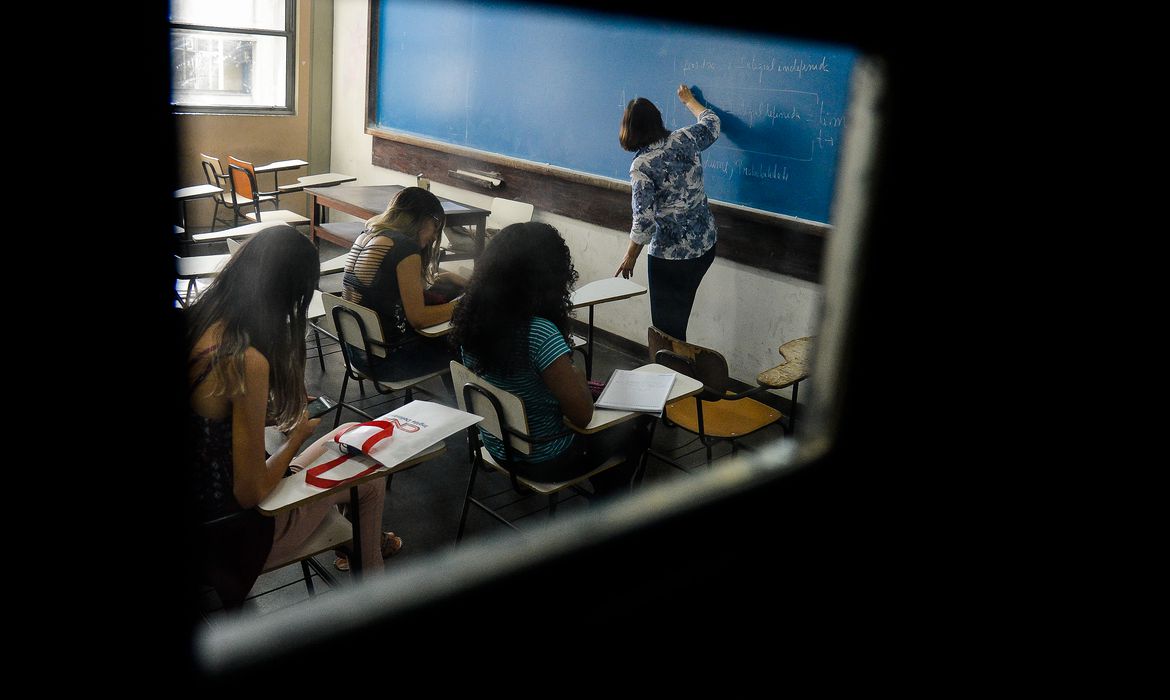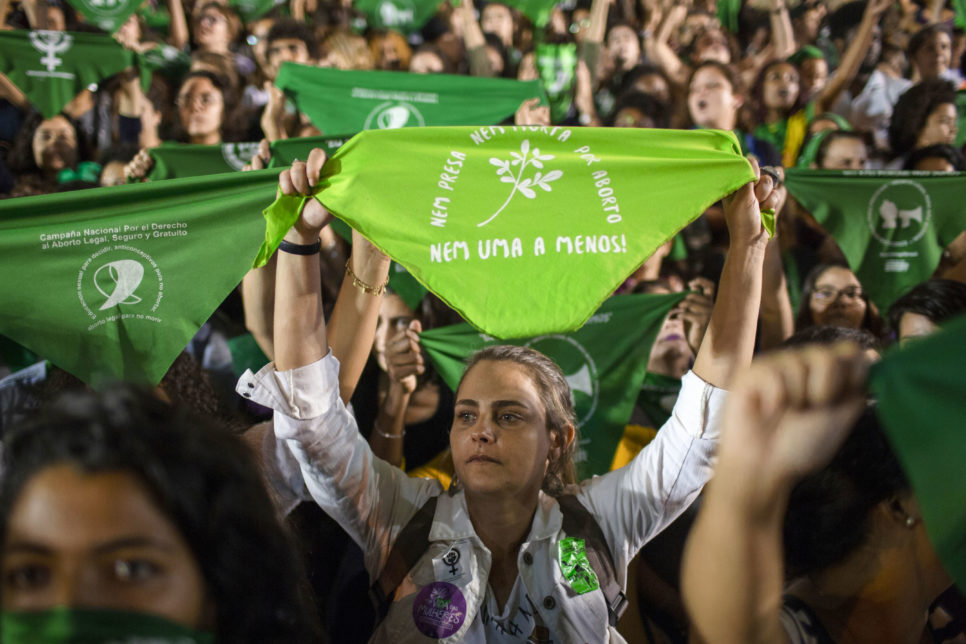In 2000, the state of Rio de Janeiro passed a law (no. 3,459) that would allow religious preaching and conversion in the classroom. The law, which is still in effect, establishes the confessional model of religious education and requires teachers to be accredited by religious authorities – which are also responsible for determining the content to be taught.
In 2004, the CNTE (National Confederation of Education Workers) filed an ADI (Direct Action of Unconstitutionality) in the Supreme Court calling for the derogation of articles 1, 2 and 3 of the law. ADI-3268 claims that the law violates the Brazilian Constitution by allowing an alliance between the State and certain religions.
In a request for admission as amicus curiae submitted by Conectas and CDH (Center for Human Rights), the organizations stated that the confessional form of religious education violates freedom of conscience and belief by establishing faith preferences. Specifically, according to the organizations, the law infringes on article 19 of the Constitution that prohibits the Brazilian State from subsidizing religious services or churches or from having any relationship of dependency or alliance with them.
Read more
Another problematic aspect pointed out by the organizations is the requirement for religious education teachers to be worshippers themselves and to be registered with the religious authority. They explained that this aspect of the law demonstrates its preference for certain religions and is a clear violation of the principle of equality among religions, since it excludes countless faiths that are not organized around religious authorities that can register their members.
In the amicus curiae request, the organizations also stated that “Brazilian diversity is immense and any attempt to impose religious education that is not taught as phenomenology and anthropology will definitely exclude minorities and violate fundamental rights”. According to the 2000 Census conducted by the IBGE statistics institute, there are at least 43 different types of religions being practiced in Brazil.
Finally, the organizations argued that the Constitution makes a distinction in religious teaching between the cultural phenomenon and proselytism, permitting the former and banning the latter. They said it is therefore a clear case of abuse of freedom, since the Constitution guarantees freedom of belief but does not authorize the State to be used for preaching or conversion.
In November 2020, the case that was under the rapporteurship of Justice Celso de Mello was transferred to Justice Nunes Marques. Given the time that had elapsed since the presentation of the ADI, the new rapporteur asked for further clarifications from the Office of the Attorney General and the Office of the Prosecutor-General. The position of both was for the constitutionality of the state law and inadmissibility of the ADI. No date has yet been set for the start of the judgment.
Technical information:
Case: ADI-3268
Court: Supreme Court
Status: Submitted to the Rapporteur
Procedure:
- Enactment of State Law 3,459: 9/14/2000
- Initial petition: 8/2/2004
- Request for admission as amicus curiae: 9/20/2004
- Replacement of rapporteur: 11/5/2020
- Office of the Attorney General expresses its position: 7/23/2021
- Office of the Prosecutor-General expresses its position: 8/2/2021




